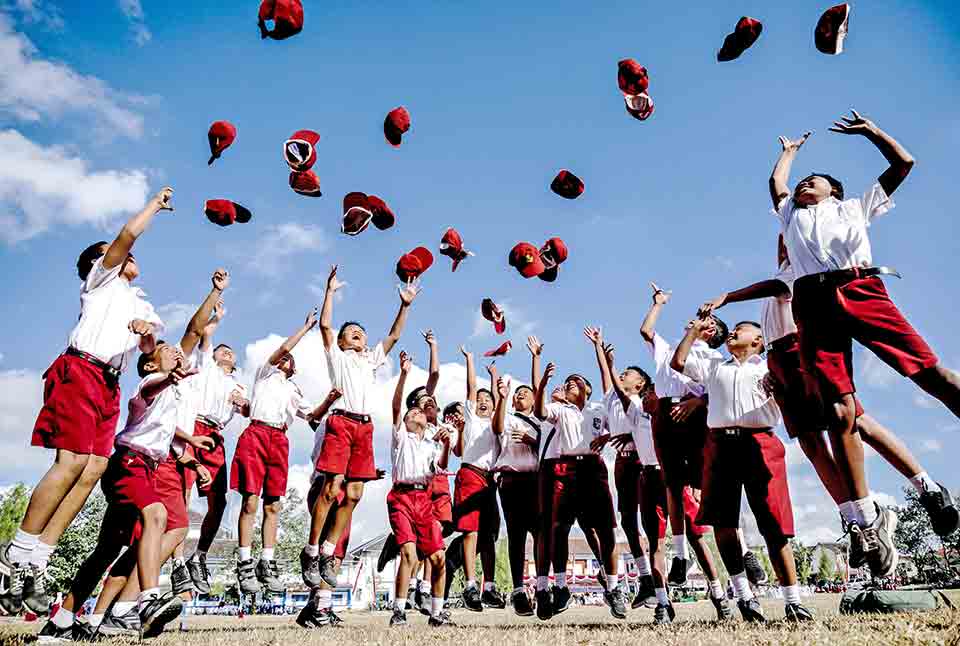Basic education policy in Indonesia: historical dynamics of basic education policy and portrait of education quality report cards in West Nusa Tenggara
DOI:
https://doi.org/10.31943/gw.v14i3.512Keywords:
Policy, Basic Education, Education Report CardAbstract
Improving the quality of the implementation of the basic education system in the future requires various policies, views, and ideas, which include ideas about primary education in the future that can answer the challenges of the times in a competitive era so that students have noble personalities and are prepared to face globalization and digitalization. The background in preparing this paper is because the authors are concerned about the low quality of primary education in general, especially in the West Nusa Tenggara region. Basic Education Policy in Indonesia has long been a concern of the government, namely since the VOC, Dutch Colonial and Japanese eras. At that time, schools were established to facilitate access to education for specific groups only. Only after Indonesia became independent did the government make serious efforts to establish schools for students and educators to accelerate access to primary education as widely as possible. Various policies were issued by the governments of the Old Order, New Order and Reformation eras until the launch of education report cards as part of the independent learning episode. The results can inspire and reflect the enthusiasm to immediately make improvements in various aspects of education. This research is descriptive qualitative in nature by collecting historical data on primary education policies from the pre-independence period to the present. Data was collected from a number of relevant library materials and then arranged and described in such a way as to answer the problems posed in this paper.
Downloads

Downloads
Published
How to Cite
Issue
Section
License
Copyright (c) 2023 Muhammad Idrus, Muhammad Muhammad

This work is licensed under a Creative Commons Attribution 4.0 International License.
The use of non-commercial articles will be governed by the Creative Commons Attribution license as currently approved at http://creativecommons.org/licenses/by/4.0/. This license allows users to (1) Share (copy and redistribute the material in any medium) or format; (2) Adapt (remix, transform, and build upon the material), for any purpose, even commercially.









